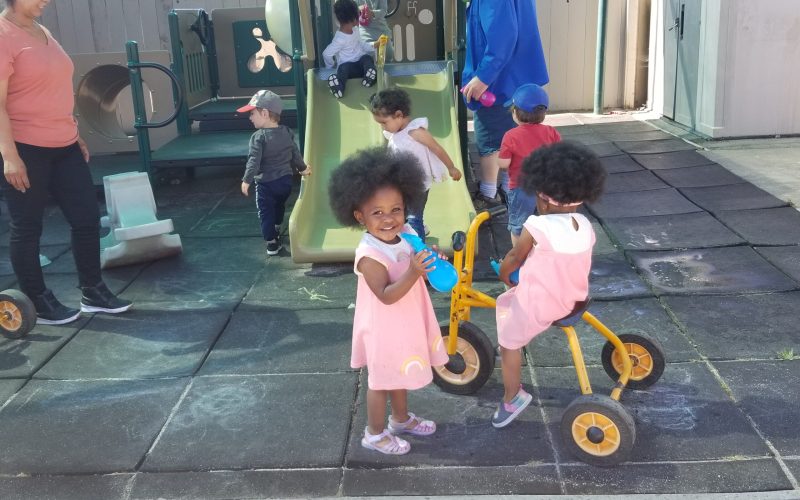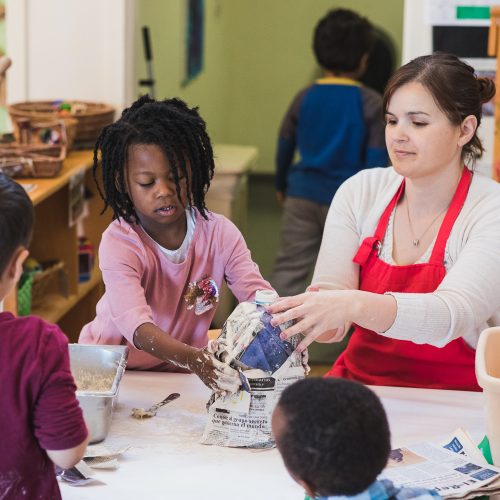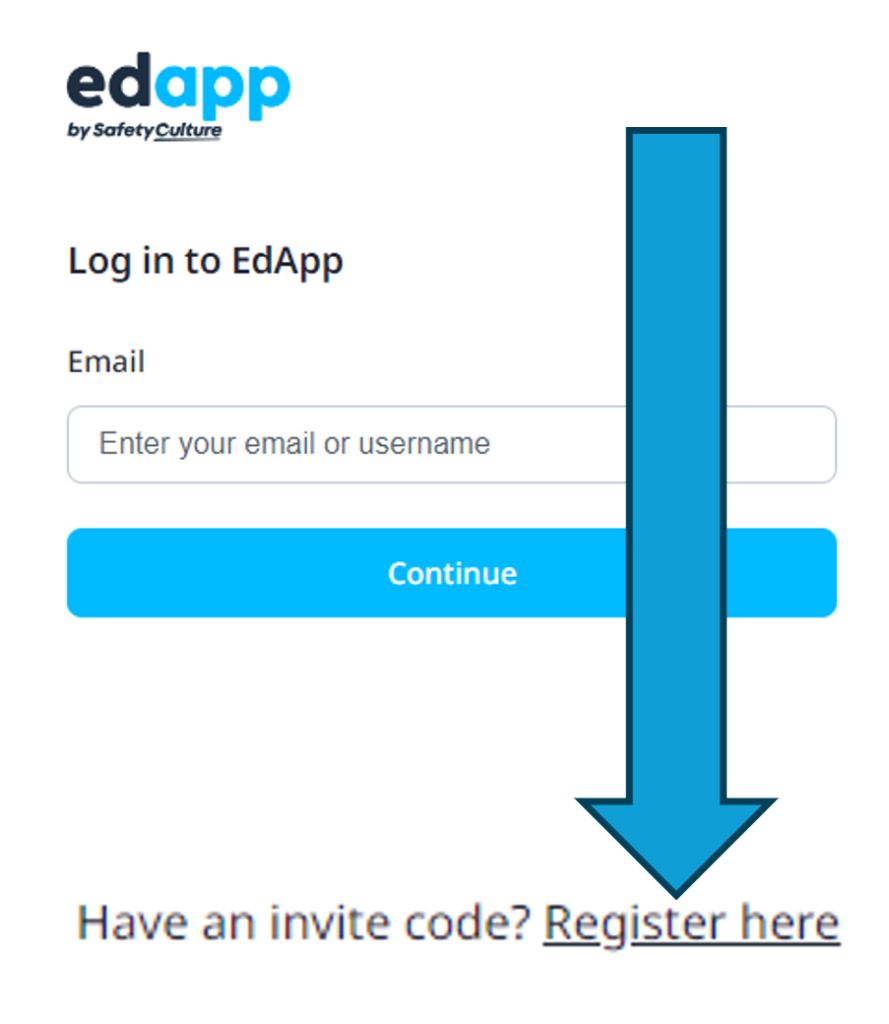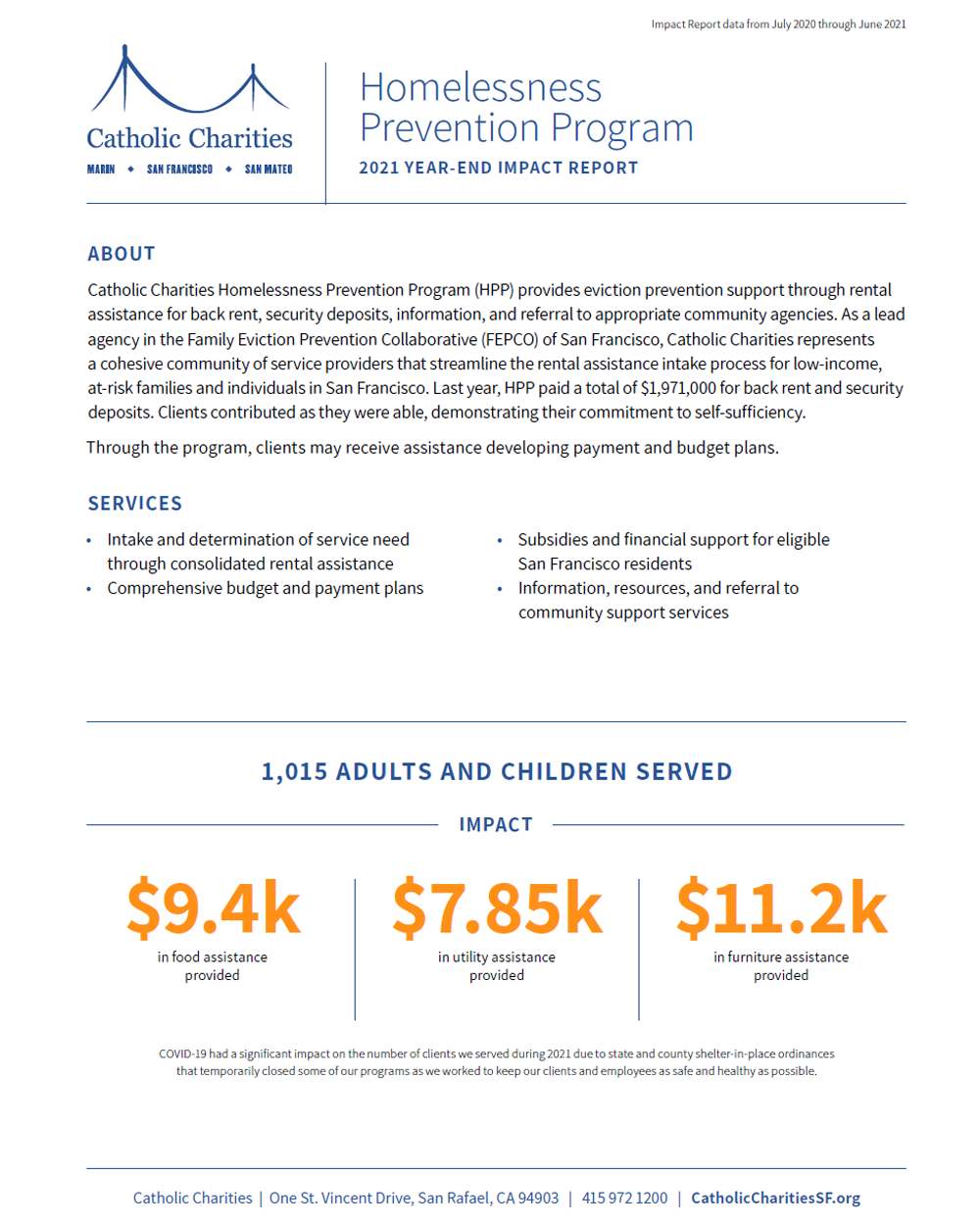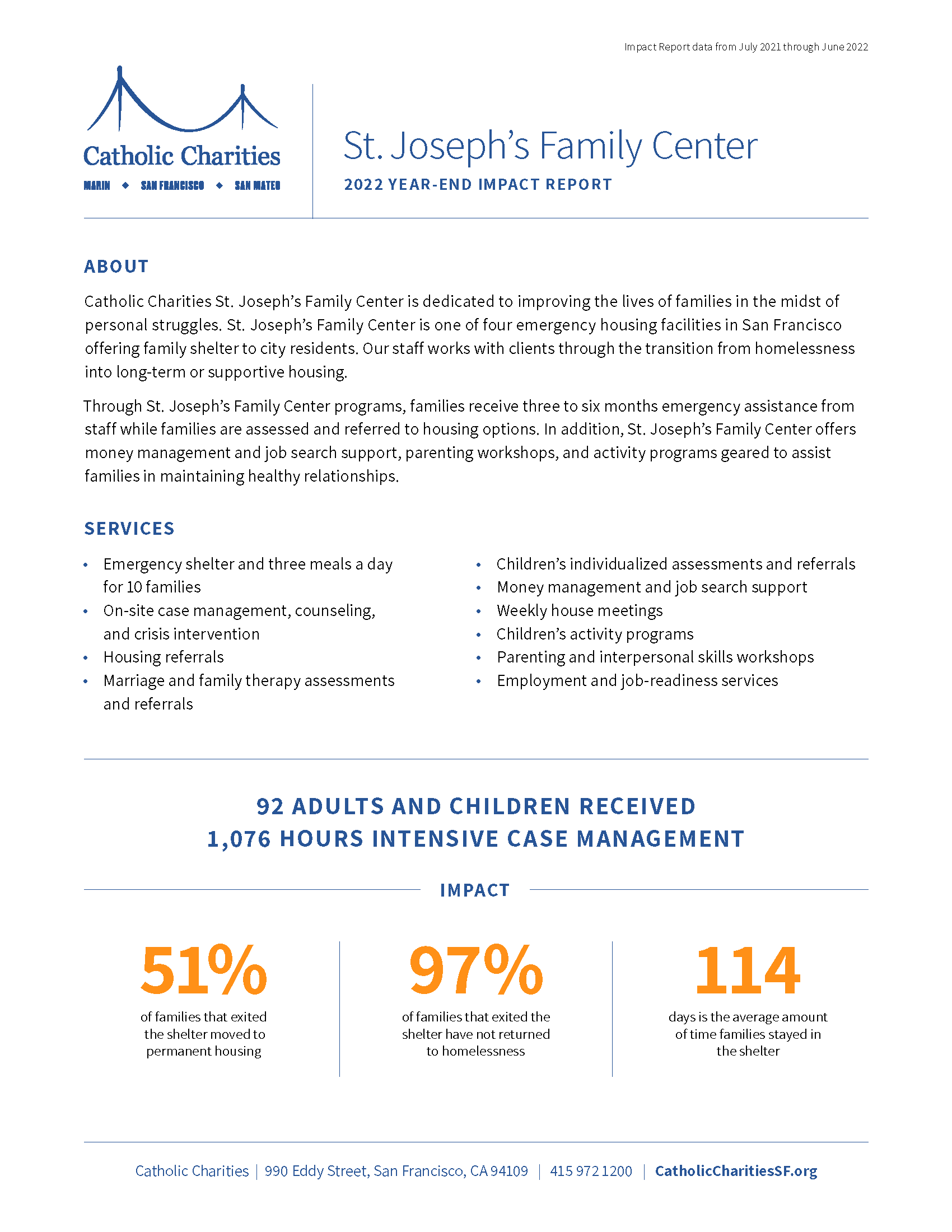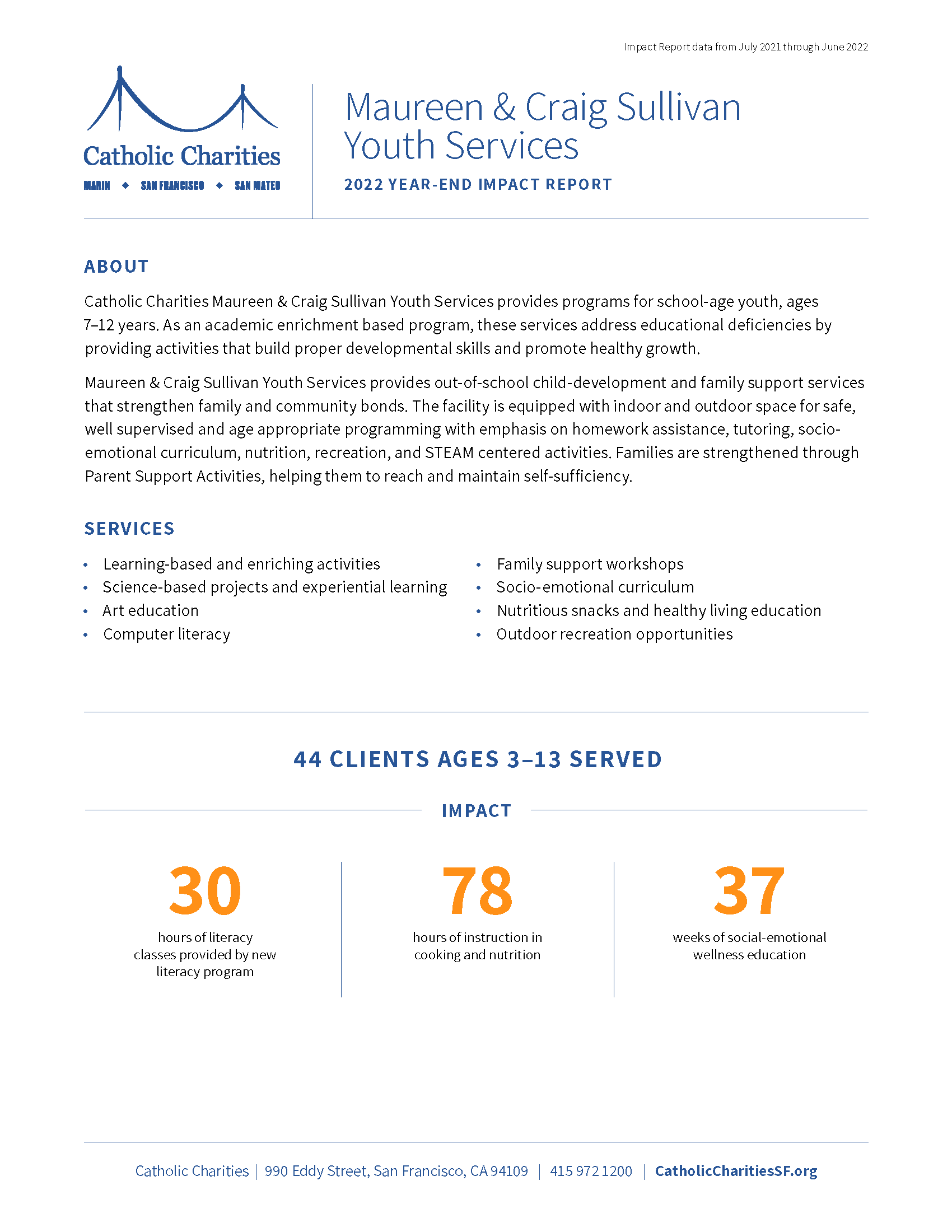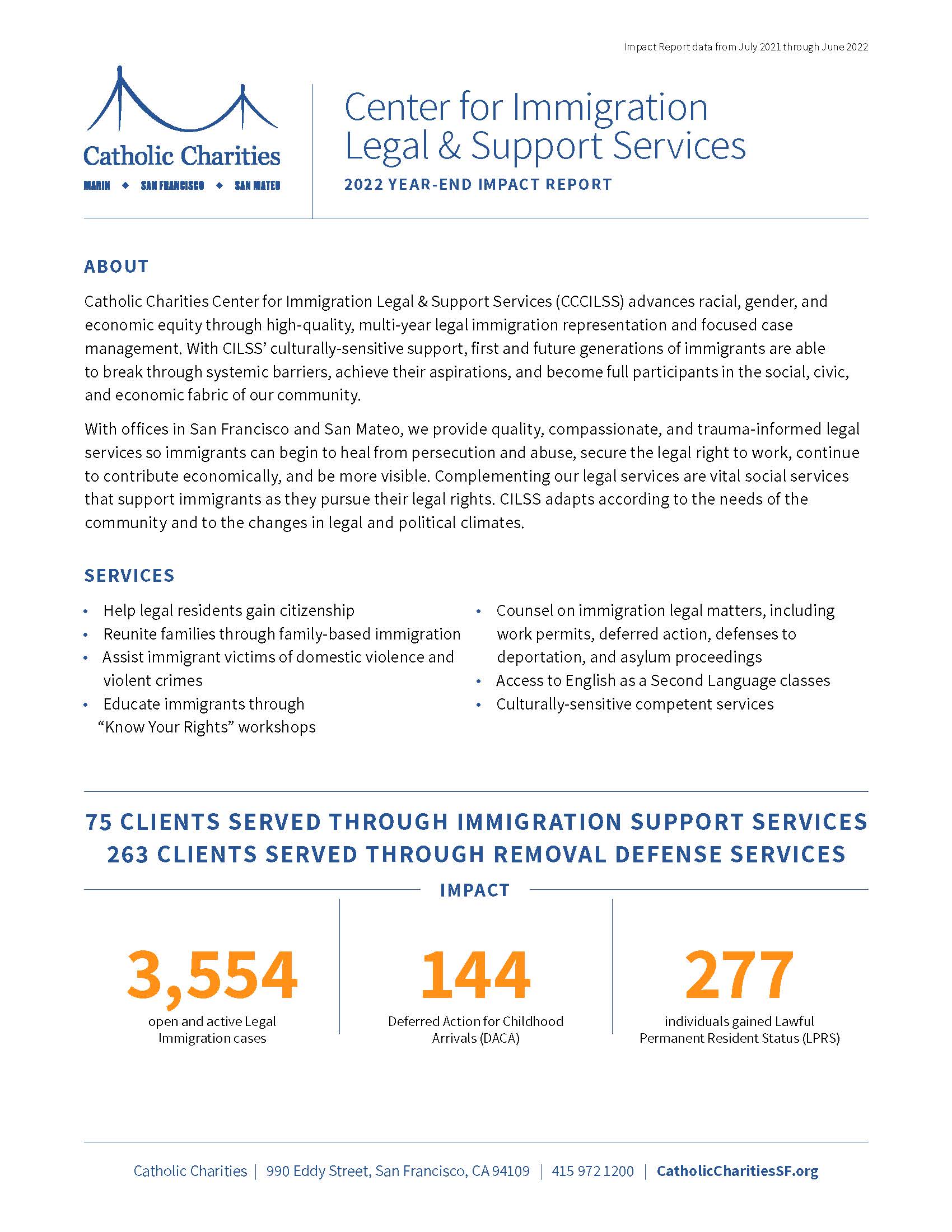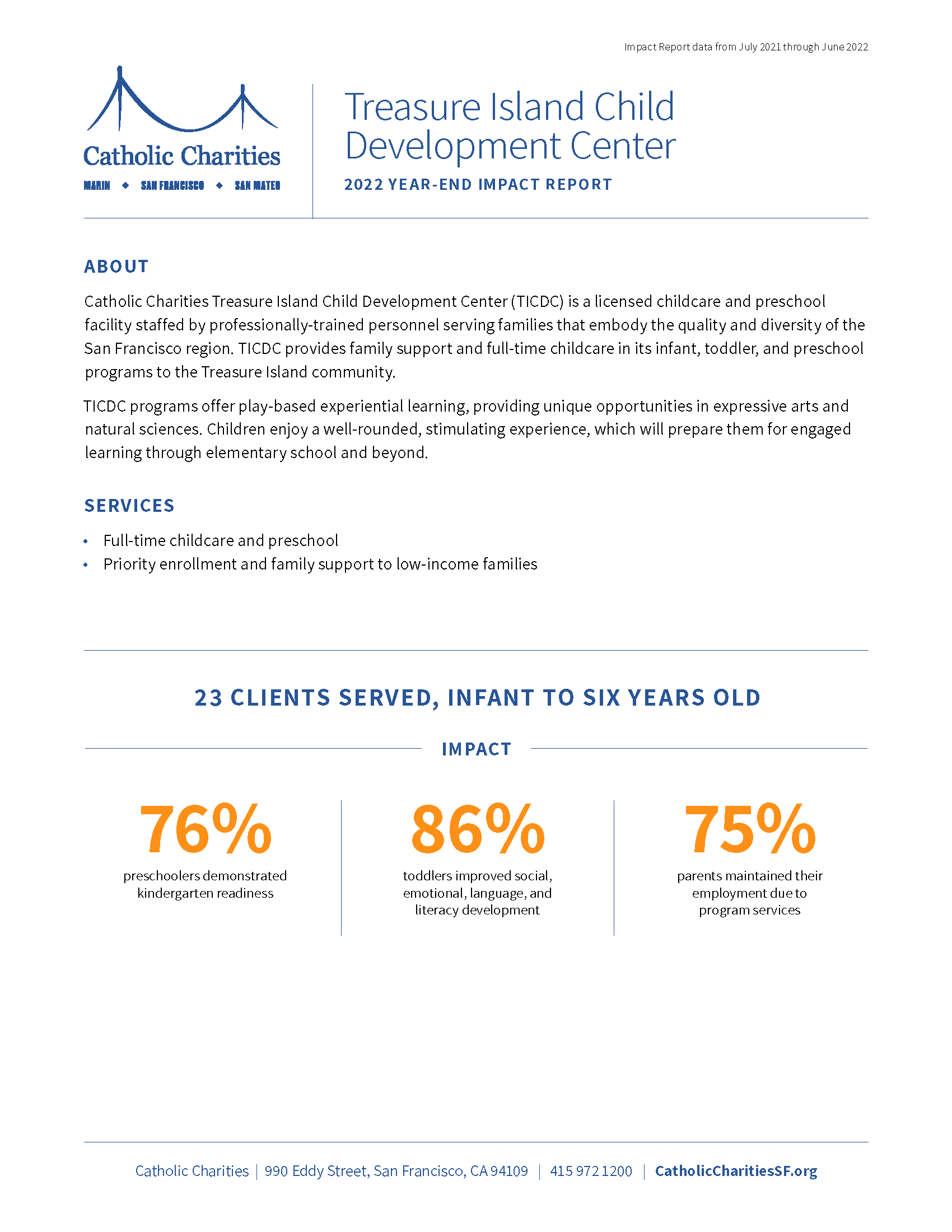Center for the Social-Emotional Foundation for Early Learners
The Center on the Social and Emotional Foundations for Early Learning (CSEFEL) is focused on promoting the social emotional development and school readiness of young children birth to age 5.
All Teachers and Center Staff are trained in implementing “The Teacher Pyramid.” As a Center we as staff, children and families agree to follow the following expectations for behavior:
- We Are Friendly
- We Are Respectful
- We Are Healthy
- We Are Safe
These are posted in the classrooms instead of rules. Our philosophy is to educate the children about what they can do and not what they can’t do. Language is reframed to give the child positive expectations for behavior. For example, we will say “Use your walking feet,” instead of “do not run.”
Ages and Stages at Treasure Island Child Care Center
At Treasure Island Child Care Center (TICDC) we respect the unique process of each child’s development. By individualizing their journey through our program, we seek to enhance self-esteem and nurture inherent strengths while offering the appropriate level of challenge to inspire growth. To help in evaluating developmental progress we assess all children using the Desired Results Developmental Profile tool. This enables us to identify milestones met as well as those areas of development that are still emerging. All children are assessed after 60 days of enrollment followed by every 6 months. Parents also are required to complete an “Ages and Stages Questionnaires” (ASQ) upon the first 60 days of enrollment.
“Everywhere Babies” Infants – 3 months to about 18 months
In this classroom, each child eats, naps and plays based on their own internal clock. Child choice play and open exploration happen indoors and out. The developmental focus is on receptive language and gross motor ability i.e. Independent walking, climbing, pushing and pulling. “Everywhere Babies” are beginning to participate in teacher-led group activities. When a child is a confident walker, is able to nap on a cot, and has strong receptive language and burgeoning expressive language skills he or she may be ready for the toddler environment.
“Runaway Bunnies” Toddlers – about 18 months to 36 months
In this classroom, there is a daily schedule in place. Children are beginning to “use their words.” Fine motor manipulatives such as Duplo Blocks are a new and exciting choice activity. There are also plenty of opportunities for gross motor activities such as rocking, riding, climbing, and dancing. Here a child is able to combine words to express moods, desires, and dissatisfactions, is comfortable transitioning from routine activities and can successfully participate in teacher-lead activities. For older toddlers in this classroom, the focus is on expressive language and social – emotional skills. Children are also potty training. Children are practicing self-regulation and beginning to share with their classmates.
“Giving Trees” and “Rainbow Fish” Preschool Rooms – 36 months to TK/Kindergarten eligible
In this classroom bonding with peers is prevalent. Children practice problem-solving and negotiating conflict. They develop fine motor skills through teacher-initiated activities. Children navigate learning stations dedicated to math, science, dramatic play, art, and gross motor. Social-emotional, pre-literacy skills and dual language learning are a focus of the curriculum. Classroom children participate in activities based upon their expressed interests. To promote literacy children, dictate their poems and stories and illustrate their work. In preschool children choose their activities; play in small groups, and must clean up after themselves. Resolving conflicts, problem solving and working through hurt feelings is the ongoing challenge. Independence, self-awareness, self-regulation, empathy, cooperation, and creativity are important attributes for a rising Kindergartener. The CSEFEL model is a daily part of the planned curriculum.
Typically, a child is ready for our preschool classrooms when he or she can:
- Enjoy a single activity for 10 minutes.
- Independently use the toilet.
- Participate in family-style meals.
- Express their natural curiosity verbally.
Children must be potty-trained to enter the preschool classes.



